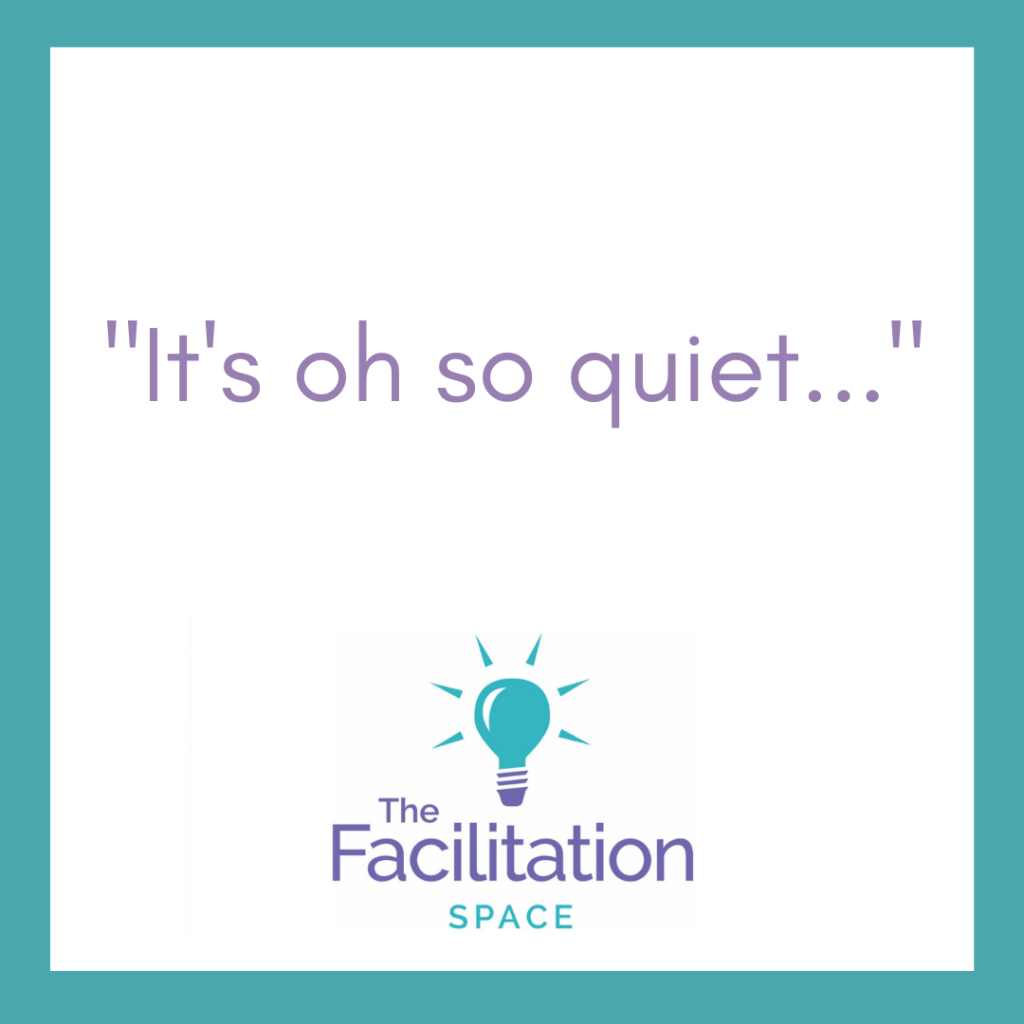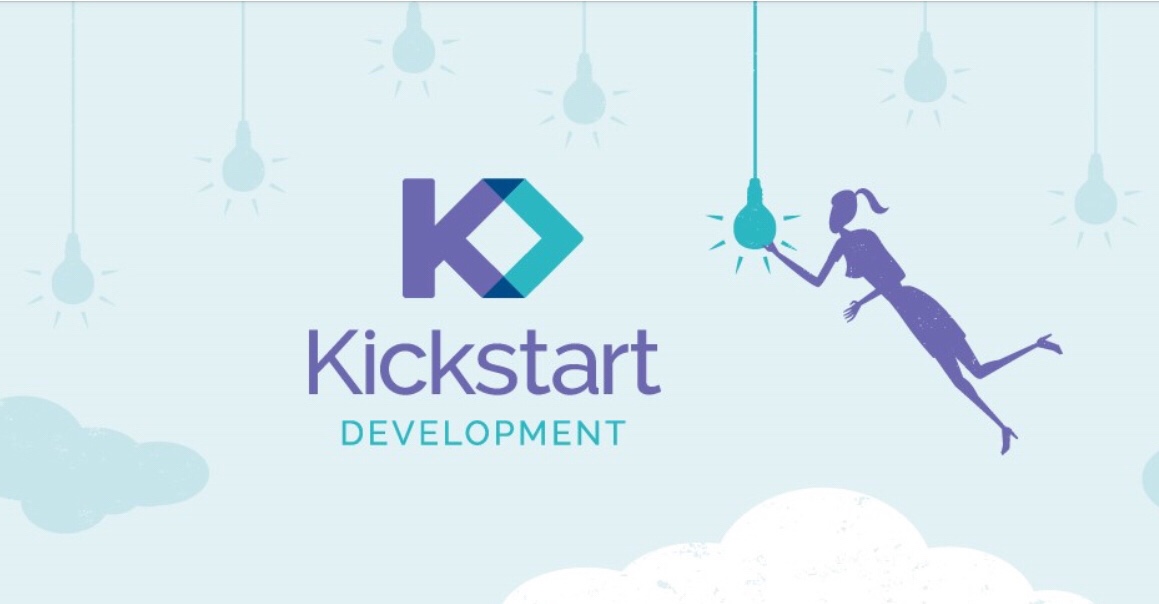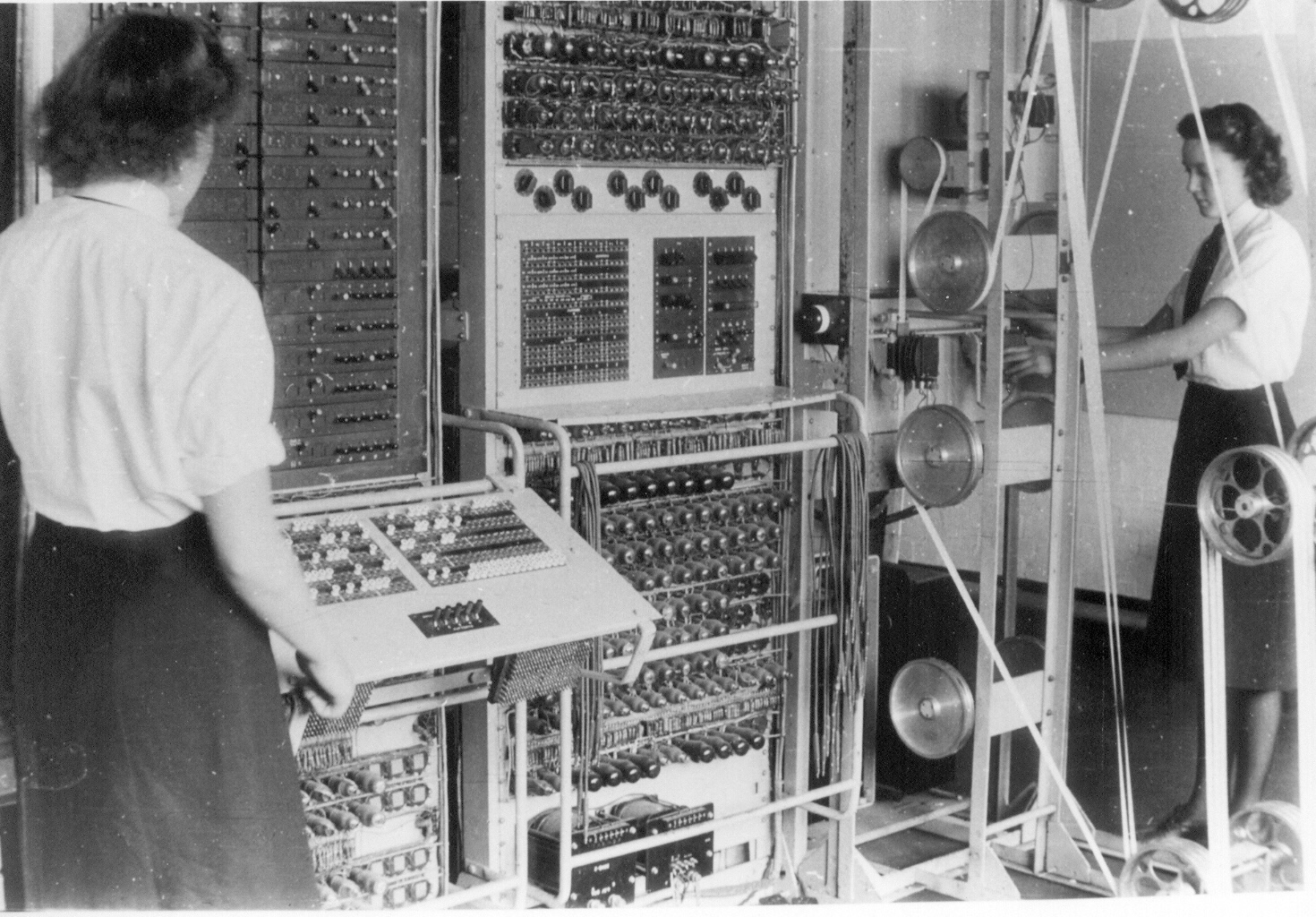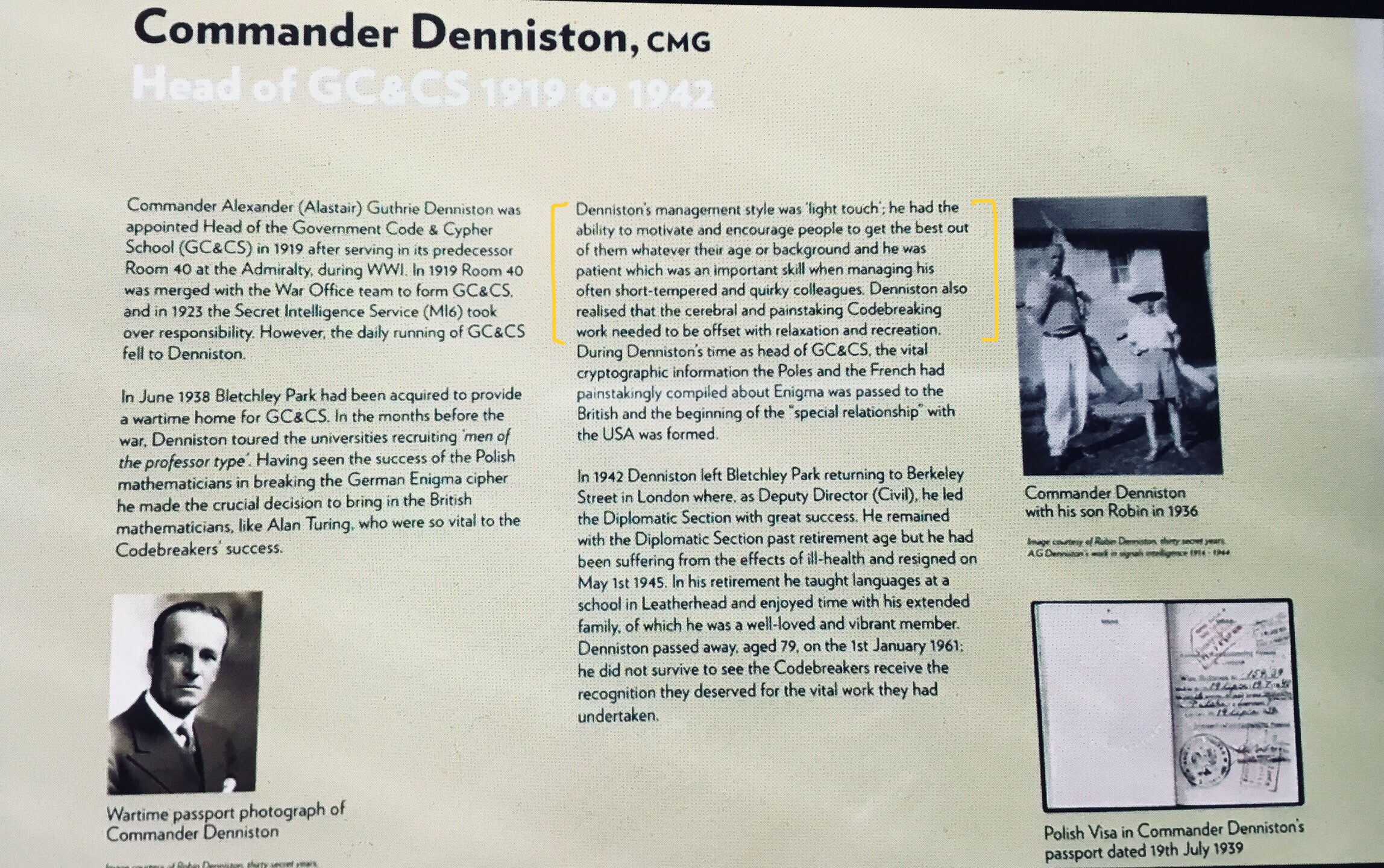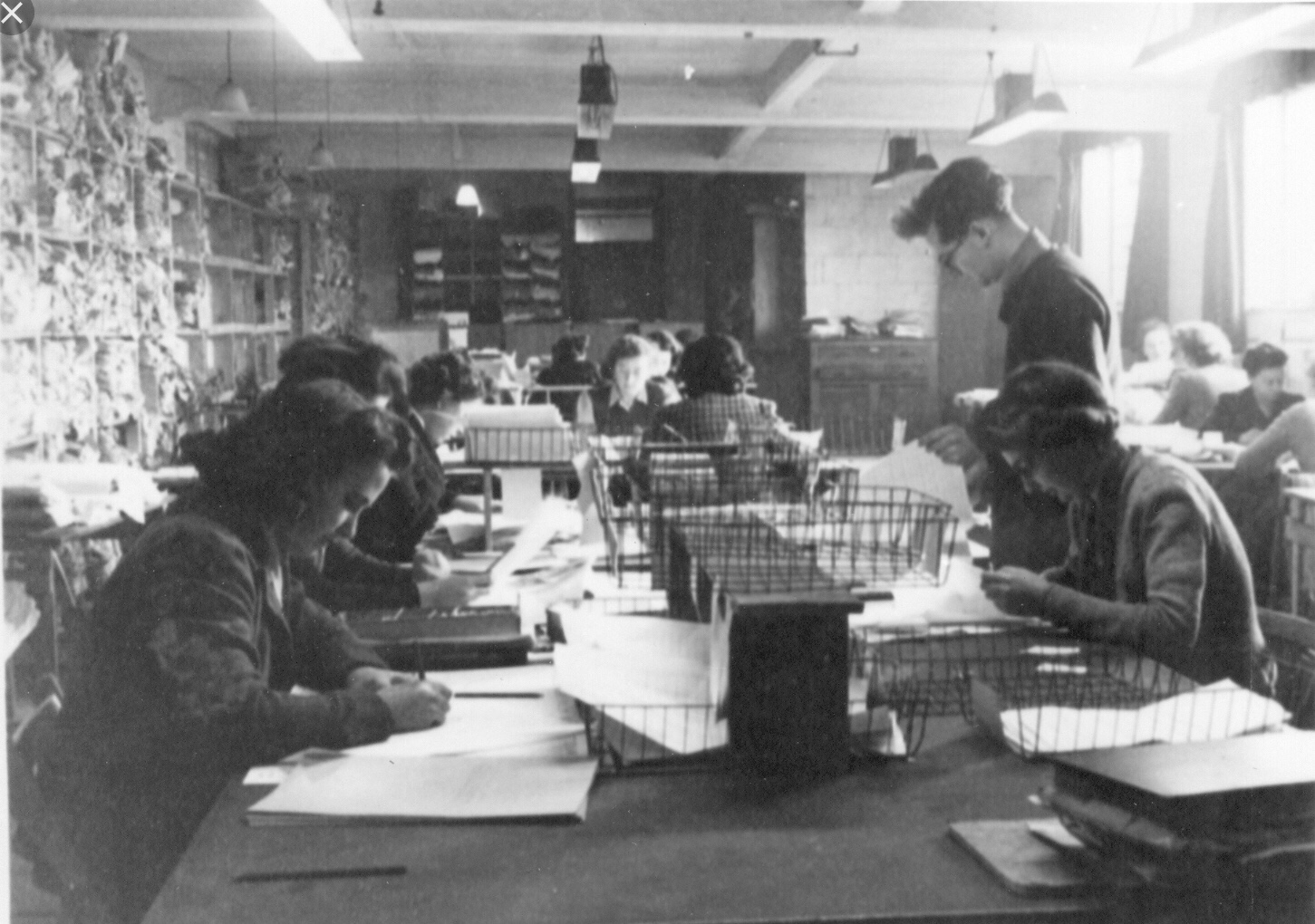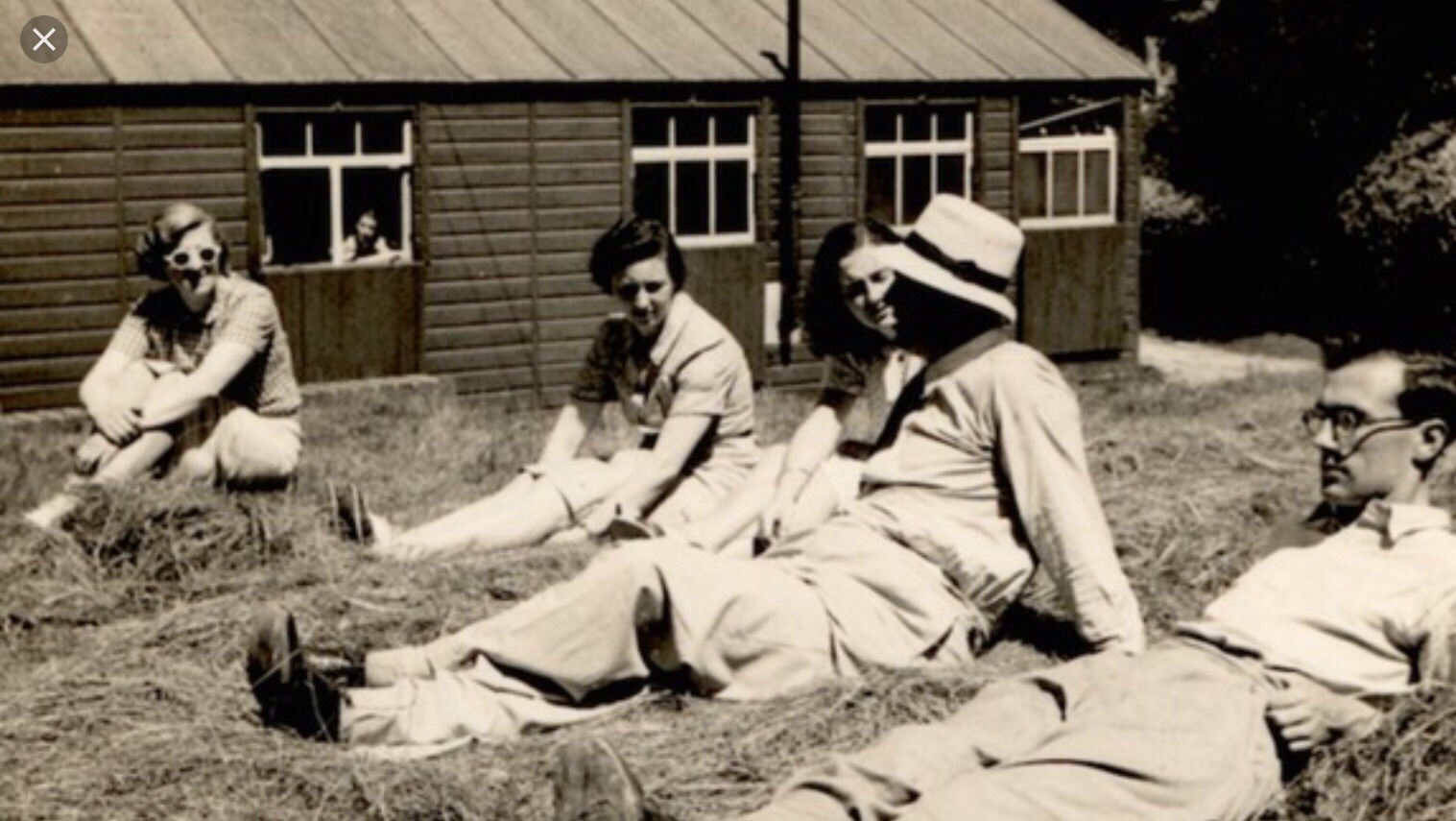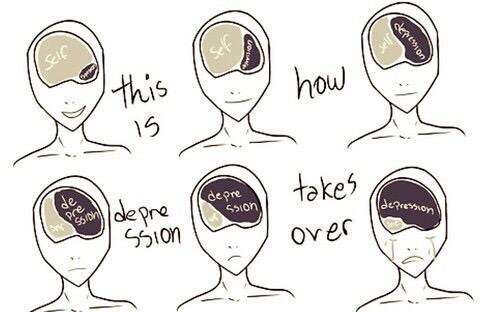Tumbleweed – or moments of silence which feel longer than expected or less comfortable.
It’s something we’ll all have experienced as facilitators and participants, worried over, and it’s something facilitators often ask me about:
🤔 How do I cope with those long moments of silence?
🤔 Does tumbleweed mean I’m not engaging with the group?
🤔 Does silence mean I haven’t asked the right question?
🤔 Does tumbleweed mean the group aren’t engaged?
It’s interesting how what can feel like an achingly long tumbleweed moment to one person, can feel like a gorgeous moment of silence to someone else.
So are tumbleweed moments (silence) just awkward to us as facilitators – do we need to shift our perceptions of what silence (or tumbleweed) might mean.
Or is it a sign that we need to do something different?
Here are some common reasons why we might experience tumbleweed and how to handle them:
💡 The group are really happy, they just need more space and time to ponder that brilliant question you’ve asked.
👉 Step back (out of their eyeline too if you can) and give them lots of lovely space.
💡 You’re facilitating a virtual session, where time moves differently – the rhythm groups develop for sharing and listening to each other, can take a little longer to grow.
👉 Let the group know it might feel different virtually, and they’ll find a rhythm as the session develops.
💡 The group are giving you a sign that they need something different from you – greater clarity, time to think, a deeper level of trust, a chance to share in a different way.
👉 You might want to test this out by re-phrasing the question, putting the group into pairs and seeing if conversation returns or pausing for a moment and asking the group to capture individually a couple of things which have stood out for them so far.
💡The tumbleweed is a symptom of existing dynamics in the group.
👉 There could be a lovely opportunity here to reflect your observations back to the group ‘one thing I’ve noticed over the last 10 minutes or so is….how often does that happen when you’re together?
💡The tumbleweed is a reflection of insights which are emerging (not always comfortable one’s).
👉 In this situation, I might say “sometimes in session like these, we notice or realise stuff that we haven’t been aware of before, and that doesn’t always feel comfortable or easy. My role today is to help us with that – think about what some of those things might mean or what you might want to do with them. We have lots of choices, so perhaps for now, just capture for yourself what you’re noticing, feeling or experiencing”
I’d love to hear what you think about tumbleweed, silence or these ideas for handling those moments.
If you’d love to be able to learn more about these things, or just have the chance to chat about them, look out for events taking place in The Facilitation Space.
For more information, message me or find me on LinkedIn.
